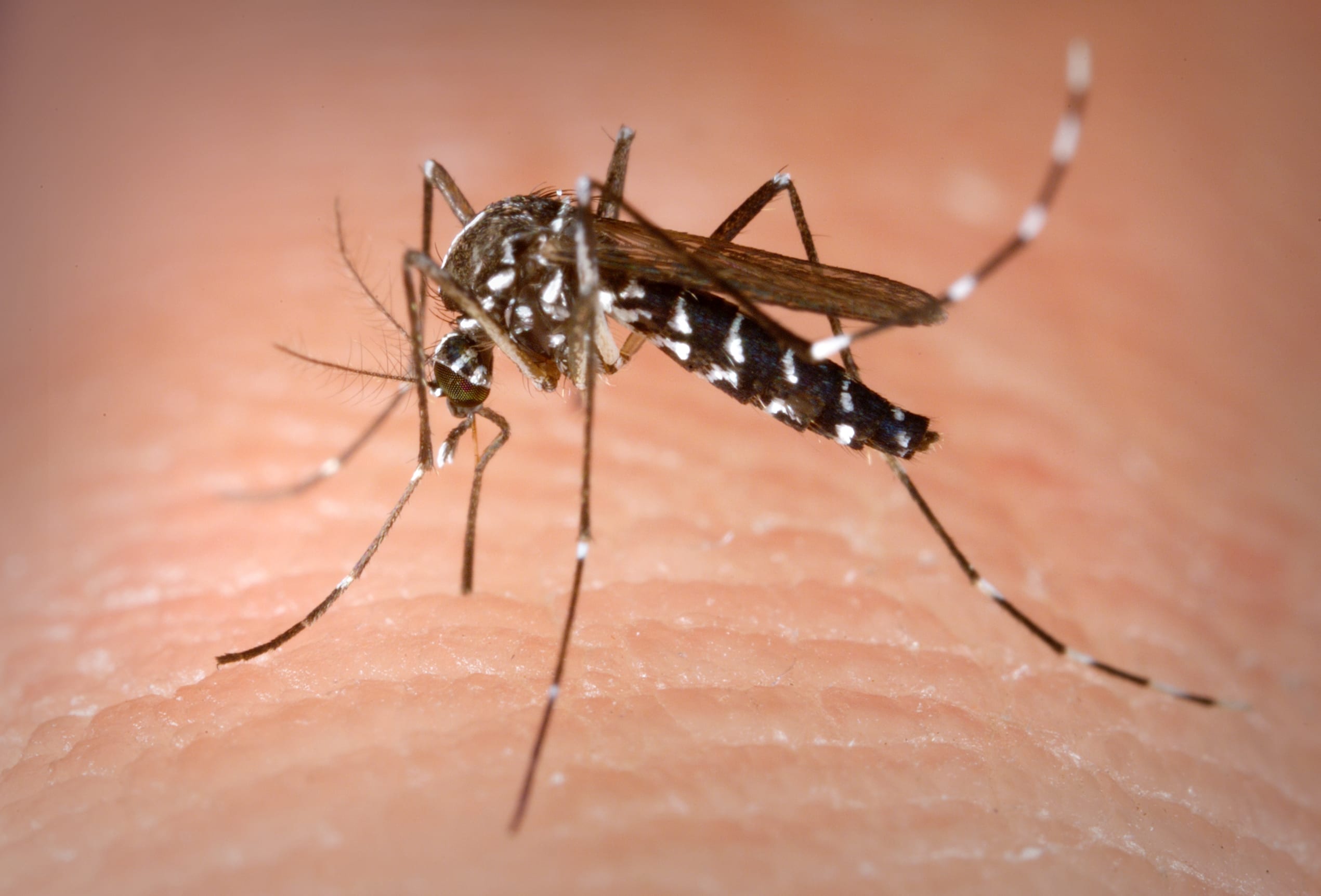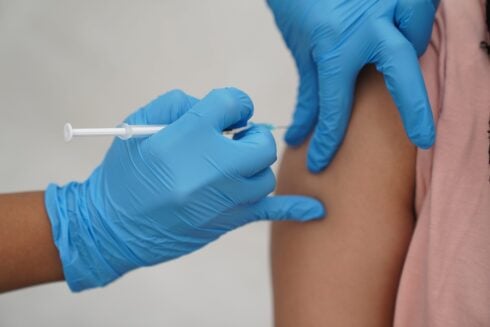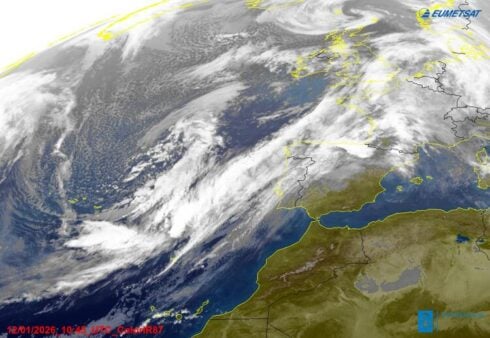THE West Nile Virus is thought to have claimed more lives in Andalucia after two more fatalities were reported.
Health authorities have confirmed that a man and a woman, both from Jaen who were admitted to the Reina Sofía University Hospital in Córdoba, have passed away.
If the deaths are confirmed to be from the West Nile Virus, it will bring the total number of deaths attributed to the virus in the region to eight this summer.
The rapid spread of the virus has sparked concerns among residents, particularly in rural areas where mosquito populations are higher.

A 64-year-old woman from the Cardoba town of La Rambla remains in a critical condition in the hospital’s intensive care unit.
She had been hospitalised for three weeks before the virus was confirmed.
According to the town’s mayor, Jorge Jimenez, the infection likely occurred within the municipality as the woman hadn’t travelled elsewhere.
However, he admitted authorities just don’t know where she contracted it as there are ‘no rivers or streams nearby, and the area is quite dry.’
The first human case was reported in Linares, Jaen, with two more following in nearby Ibros and Villanueva de la Reina.
The virus has even been detected in a horse in Arjona, and a pair of eagle chicks in La Carolina, emphasising just how concerning the widespread nature of the outbreak is.
READ MORE: ‘My head was exploding’: Young mother, 26, recalls her West Nile virus hell in Spain after being turned away by doctors SIX times and developing encephalitis
The illness has also been detected in mosquitoes in the provinces of Cadiz, Cordoba and Huelva, while the potential virus-carrying insects have been found in Malaga city.
The Junta confirmed on Monday that five more people in Sevilla province are currently suffering from the virus, making 70 cases so far this year.
Local authorities have issued warnings to the public, advising residents to take precautions to avoid mosquito bites.
These measures include using insect repellent, wearing protective clothing, and ensuring that their homes are free of standing water where mosquitoes can breed.
As the summer season draws to a close, health officials are closely monitoring the situation and working to prevent further outbreaks.
The Junta has set up a surveillance program to track the spread of the virus and implement targeted control measures when it is detected.
Click here to read more Health News from The Olive Press.








